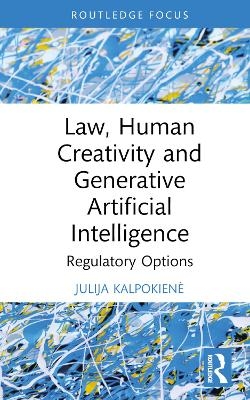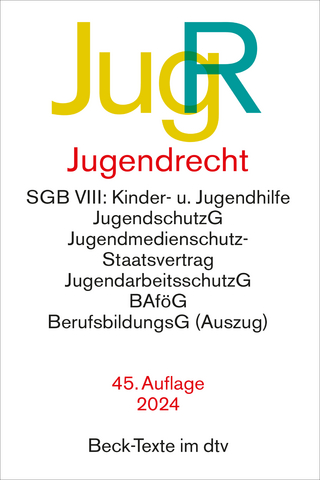
Law, Human Creativity and Generative Artificial Intelligence
Regulatory Options
Seiten
2024
Routledge (Verlag)
978-1-032-73587-0 (ISBN)
Routledge (Verlag)
978-1-032-73587-0 (ISBN)
This book addresses the complex issue of human creativity in the age of Artificial Intelligence.
Artificial intelligence (AI) is increasingly being used to create texts, images, and musical compositions. This increase in the application of AI within the creative industries can of course enhance human performance while producing creative and commercial challenges for human authors. Against this background, this book considers how current mechanisms for incentivising creativity – including legal regulations, such as copyright, state funding and tax regimes – are inadequate in the age of AI. Acknowledging the opportunity that AI presents, the book then proposes alternative regulatory mechanisms through which human creativity can be incentivised.
This book will appeal to scholars and researchers in the areas of socio-legal studies, intellectual property law, media law, and law and technology.
Artificial intelligence (AI) is increasingly being used to create texts, images, and musical compositions. This increase in the application of AI within the creative industries can of course enhance human performance while producing creative and commercial challenges for human authors. Against this background, this book considers how current mechanisms for incentivising creativity – including legal regulations, such as copyright, state funding and tax regimes – are inadequate in the age of AI. Acknowledging the opportunity that AI presents, the book then proposes alternative regulatory mechanisms through which human creativity can be incentivised.
This book will appeal to scholars and researchers in the areas of socio-legal studies, intellectual property law, media law, and law and technology.
Julija Kalpokienė is a Junior Research Fellow and teaches courses in Technology Law, Intellectual Property and AI in the Faculty of Law at Vytautas Magnus University, Lithuania.
1. Introduction 2. AI and the Creative Industries: Challenges and Opportunities 3. Human Author vs AI: Can Copyright Still Protect Human Authors? 4. Subsidising the Humans – Can It Work? 5. Human Creativity as Part of ESG and CSR 6. Designations and Strengthening Consumer Protection – To the Rescue of Human Author 7. Conclusions
| Erscheinungsdatum | 10.07.2024 |
|---|---|
| Verlagsort | London |
| Sprache | englisch |
| Maße | 138 x 216 mm |
| Gewicht | 453 g |
| Themenwelt | Recht / Steuern ► Arbeits- / Sozialrecht ► Sozialrecht |
| Recht / Steuern ► EU / Internationales Recht | |
| Recht / Steuern ► Privatrecht / Bürgerliches Recht ► IT-Recht | |
| Recht / Steuern ► Privatrecht / Bürgerliches Recht ► Medienrecht | |
| ISBN-10 | 1-032-73587-2 / 1032735872 |
| ISBN-13 | 978-1-032-73587-0 / 9781032735870 |
| Zustand | Neuware |
| Informationen gemäß Produktsicherheitsverordnung (GPSR) | |
| Haben Sie eine Frage zum Produkt? |
Mehr entdecken
aus dem Bereich
aus dem Bereich
Textausgabe mit ausführlichem Sachverzeichnis
Buch | Softcover (2024)
dtv Verlagsgesellschaft
20,90 €
meine Rechte: Wohnen, Arbeiten, Steuern, Mobilität
Buch | Softcover (2024)
C.H.Beck (Verlag)
11,90 €


